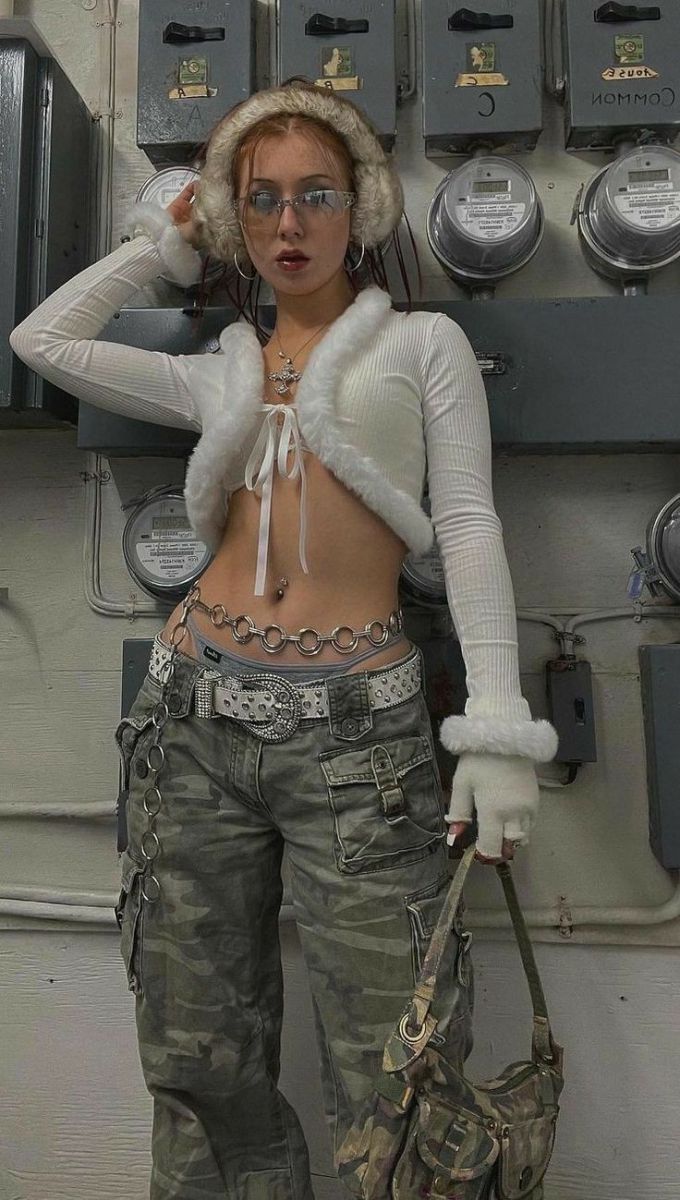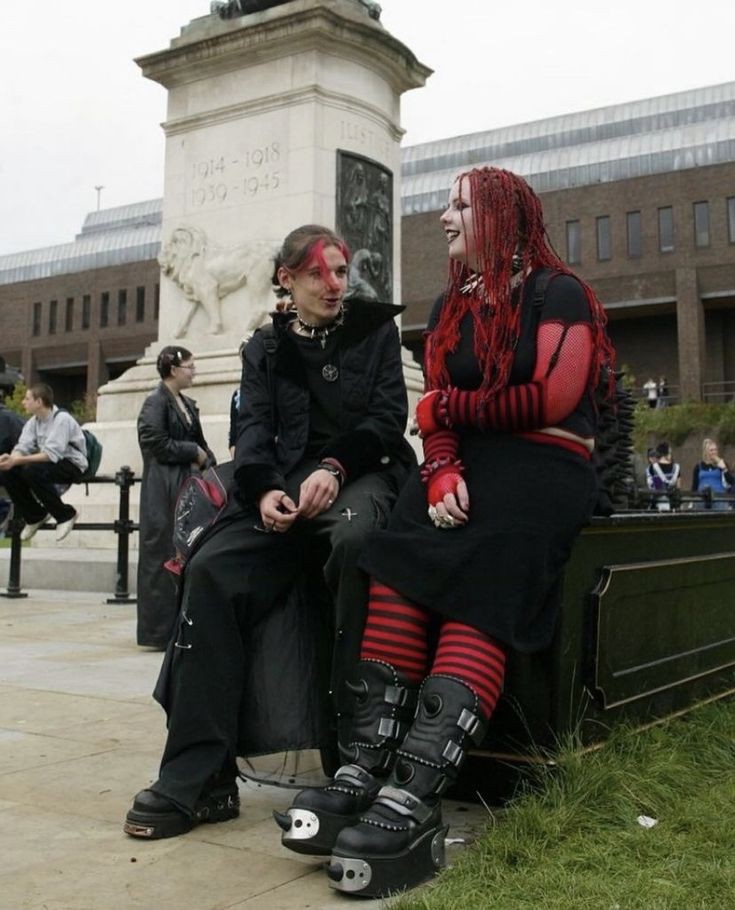
The fashion industry is often seen as a glamorous and creative field that produces beautiful and desirable clothes for people to wear. However, behind the scenes, there is a dark side to the fashion industry that harms the environment, the workers, and the consumers. In this article, we will explore some of the major issues that plague the fashion industry and what we can do to make it more sustainable and ethical.

One of the biggest problems of the fashion industry is its environmental impact. According to Greenpeace, over 80 billion pieces of clothing are produced each year, out of which around 75% end up in landfills. Only 25% of all garments made in a year end up being recycled. The production of clothes also consumes a lot of water, energy, and natural resources, and generates a lot of greenhouse gas emissions and waste. For example, it takes about 2,700 liters of water to make one cotton t-shirt, which is equivalent to the amount of water a person drinks in two and a half years. The fashion industry also uses a lot of chemicals, such as pesticides, fertilizers, dyes, and finishes, that pollute the soil, water, and air. According to the Victoria and Albert Museum, the fashion industry is the second-largest industrial polluter after the oil industry, and accounts for around one-fourth of all chemicals produced in the world.

Another major issue of the fashion industry is its social and ethical impact. The fashion industry relies on cheap labor and exploitative working conditions in developing countries, where workers are often paid below the minimum wage, work long hours, and face health and safety hazards. According to the International Labour Organization, there are about 40 million garment workers in the world, most of whom are women and children. Many of these workers suffer from physical and mental abuse, harassment, discrimination, and lack of social protection. Some of the worst examples of the human cost of the fashion industry are the Rana Plaza collapse in Bangladesh in 2013, which killed over 1,100 workers and injured more than 2,500, and the Ali Enterprises fire in Pakistan in 2012, which killed over 250 workers and injured more than 600. These tragedies exposed the lack of accountability and transparency in the global supply chain of the fashion industry, and the failure of brands and retailers to ensure the safety and well-being of their workers.
The fashion industry also affects the consumers negatively, by creating a culture of overconsumption and dissatisfaction. The fashion industry promotes the idea of fast fashion, which is the production and consumption of clothes at a rapid and frequent pace, driven by changing trends and low prices. Fast fashion encourages consumers to buy more clothes than they need, and to discard them quickly, creating a cycle of waste and environmental damage. Fast fashion also affects the consumers' self-esteem and mental health, by making them feel insecure and inadequate about their appearance and style.

The fashion industry uses sophisticated marketing and sales techniques, such as advertising, celebrity endorsements, social media influencers, and online platforms, to create a sense of urgency and desire among consumers, and to manipulate their emotions and preferences. The fashion industry also creates unrealistic and harmful standards of beauty and body image, especially for women and girls, that can lead to eating disorders, depression, anxiety, and low self-confidence.
What can we do to change the dark side of the fashion industry?
There are many ways that we can make the fashion industry more sustainable and ethical, both as producers and consumers. As producers, we can adopt more eco-friendly and humane practices, such as using organic and recycled materials, reducing water and energy consumption, minimizing waste and emissions, using natural and non-toxic dyes and finishes, ensuring fair wages and working conditions, and supporting local and artisanal communities. As consumers, we can make more conscious and informed choices, such as buying less and better quality clothes, choosing ethical and eco-friendly brands and retailers, repairing and reusing our clothes, donating and recycling our unwanted clothes, and supporting campaigns and movements that advocate for social and environmental justice in the fashion industry. By doing so, we can enjoy fashion as a positive and creative expression, while also respecting and protecting the planet and the people.











